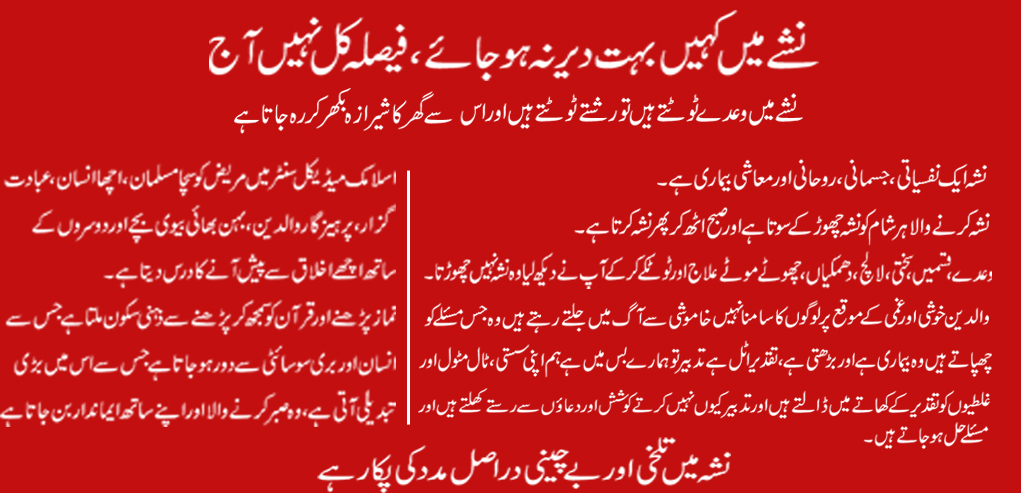 |
| |
Talking
to Kids: Drug and Alcohol Help Resources |
|
| |
Most kids end up
trying drugs or alcohol at least once or more during
their teenage years. Studies have shown that around
eighty percent of kids have already tried alcohol
while in high school. The dangers of children
experimenting with drugs and/or alcohol are unsafe
and illegal. Despite this fact, kids often easily
give into peer pressure. A good way for parents and
other trusted adults to help keep this problem at
bay is to discuss drug and alcohol use and abuse
with their children and students early, and to
continue talking with them as they get older and
enter their teenage years.
Consequences of Drug
and Alcohol Use
The best way to keep children from using or abusing
alcohol or drugs is to let them know about the
consequences of drug and alcohol use in advance.
Younger aged children who use drugs and alcohol are
in danger of having their ability to understand
reality altered so severely that they will
undoubtedly make bad decisions. Children lack basic
problem solving skills, so using a substance that
can alter their brain function is very dangerous.
Short and long term effects are two main
consequences, and each one has its own important and
dangerous implications. The short term effects of
using alcohol and drugs include painful hangovers,
bad breath, impaired eyesight and hand-eye
coordination, distorted and poor hearing, inability
to grasp feelings and emotions, and bad judgment
that can lead to much worse consequences. The long
term consequences can include teenage pregnancy,
addiction, drinking and driving, unsafe and early
sex, drowning, and serious injury or even death.
Even longer term effects include liver disease,
stomach problems, vitamin deficiency, damage to the
central nervous system, heart disease, memory loss
and possible death from overdose.
Create a Dialogue
Talking to elementary and middle school aged kids is
an essential and very effective way for parents to
help prevent them from using alcohol and drugs when
it’s offered to them by their peers. Parents should
help to encourage their kids to ask any questions
they have about alcohol and drugs. Children are
naturally curious and as they are exposed to
substance topics, parents should be prepared to
answer any questions that may arise. Creating a
healthy dialogue between parent and child is
important and can begin as young as age 11, which is
approximately the sixth grade level. Educating your
kids about the negative effects of drug and alcohol
use may decrease their potential of experimenting at
a young age. Middle school is the perfect time for
parents to reinforce the consequences of using these
substances.
Just Say “No”
Teaching kids to just say “no” when offered drugs or
alcohol is still the easiest and most effective way
of keeping them away from the horrible effects of
alcohol and drug use and abuse. Everyone has the
ability to make their own choices, and this also
applies to using drugs or alcohol. Kids need to be
taught a variety of ways to set limits using their
own judgment to say “no” to alcohol and drugs.
Different ways of saying no will help them in social
situations that they may face at school, parties and
hanging out with friends. Just saying, “No thanks,”
can be an effective way for kids to stay away from
substance abuse. It sets a boundary with the other
person who is offering the drugs or alcohol and lets
them know immediately that the child is not
interested. If your teen is at a party and is
offered drugs or alcohol, a simple shaking of the
head, "No", is all that is needed. If things get to
be too much or your child feels pressured, they can
always call you and / or leave the situation. Cell
phones are another way for parents to ensure safety
for their children who are attending parties. A
child may call a parent when they feel uncomfortable
or overwhelmed from peer pressure. Another tip is
for kids to ask their friends questions when they
are offered drugs or alcohol. Sometimes, just asking
a peer where they got something will deter them from
offering it or even doing it themselves.
Drinking and drug use are big problems for kids
today. Early education about staying away from drugs
and alcohol is effective. Parents should be educated
about substance abuse in order to teach their
children about the consequences of drugs and alcohol
use.
|
|
|
|
|
|